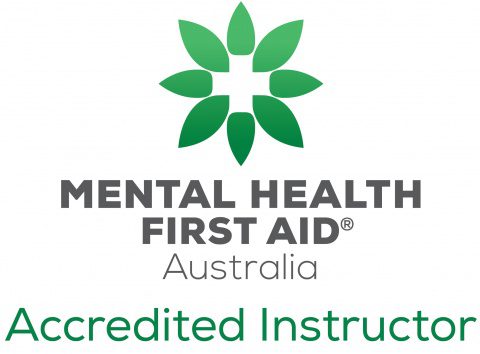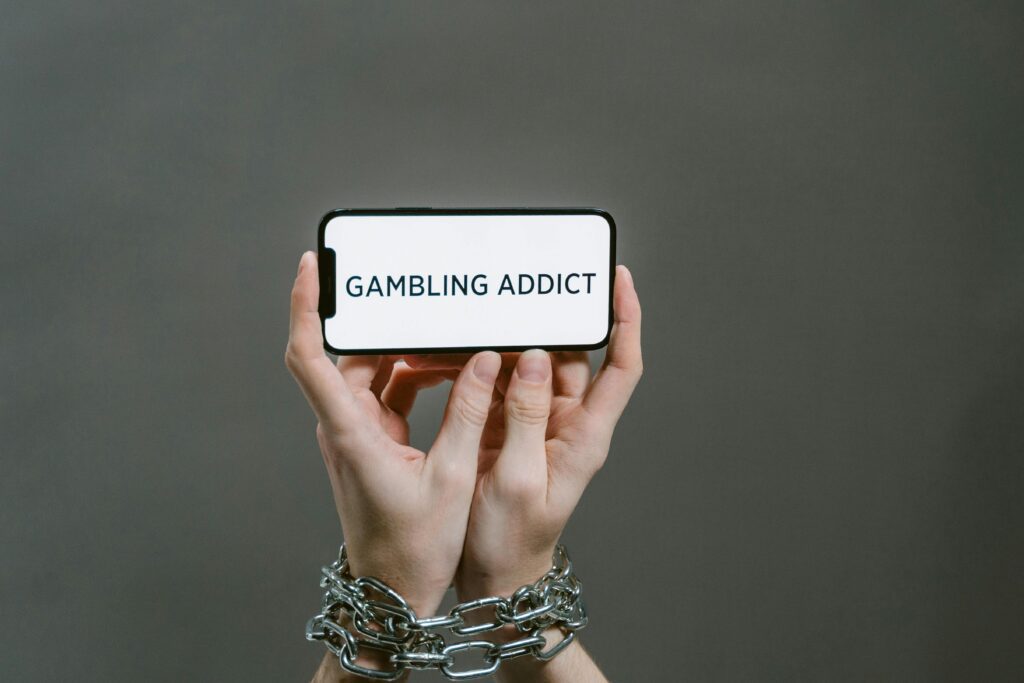


The Conversations About Gambling course teaches participants how to provide initial support to someone who may be experiencing gambling harm or a gambling-related mental health crisis, until professional help is received or the crisis resolves.
Course participants learn about the signs that may indicate a person is experiencing harm from their gambling, how to recognise and respond to suicidal thoughts and behaviours, and the interventions and supports available to encourage pathways to professional help.
Using a practical, evidence-based action plan, participants learn how to approach someone they are concerned about and initiate a conversation about those concerns. Participants also learn how to offer initial support and information and how to encourage the person to seek professional help or other supports.
Entry requirements
Students will need to meet the following entry requirements prior to course commencement.
Reading & Writing: Learners will be able to read, understand, and write a range of documents related to mental health awareness, support strategies, and workplace policies.
Oral Communication: Learners will confidently engage in conversations about mental health, including listening to and responding to sensitive or unfamiliar topics in a respectful and supportive way.
Numeracy & Mathematics: Learners will interpret data and statistics related to mental health trends, risks, and support services in workplace contexts.
Learning Skills: Learners will research and stay informed on current mental health legislation, best practices, and support frameworks relevant to their industry.
Teamwork: Learners will collaborate with colleagues to promote a mentally healthy workplace and support co-workers experiencing challenges.
Self-Management: Learners will apply self-care strategies and manage their own wellbeing while maintaining professionalism in high-stress or emotionally challenging situations.
Suitable for individuals, workplaces of all sizes and volunteer and community-based groups.
Any adult (aged 18+) can attend.
Upon completion of this course participants will be able to:
There is no accreditation for this course.
This is a 4-hour in person course:
All sessions are led by an MHFA trained and Licensed Instructor.
We can conduct the workshop at one of our venues or at your venue/workplace.
The Mental Health First Aid “Conversations about gambling” course is competitively priced, with payment accepted via credit card for your convenience. The course fee includes learning materials
Secure your spot today with a hassle-free payment process!
| Title | Fee |
| Full Fee | $99 |